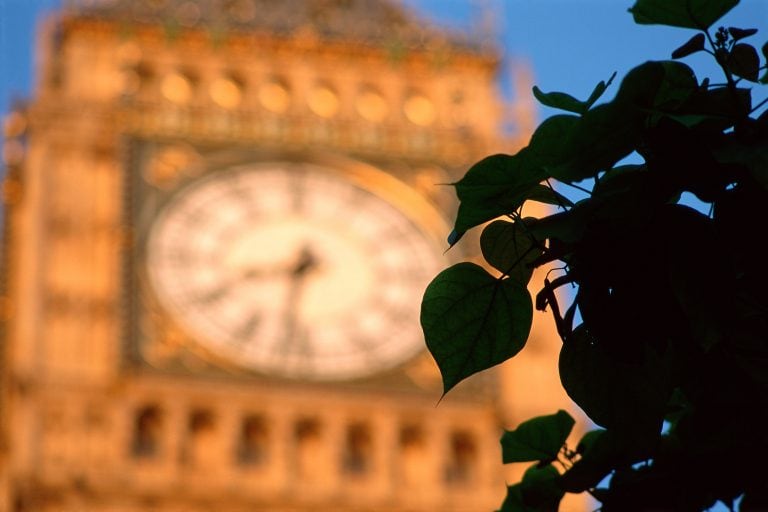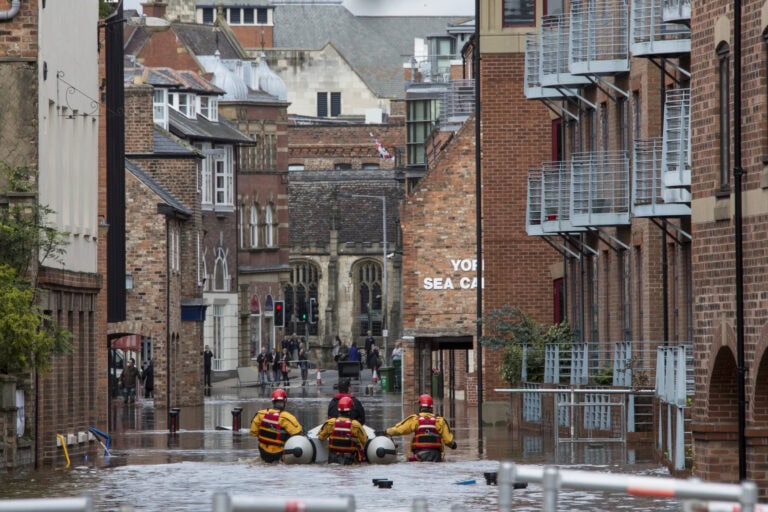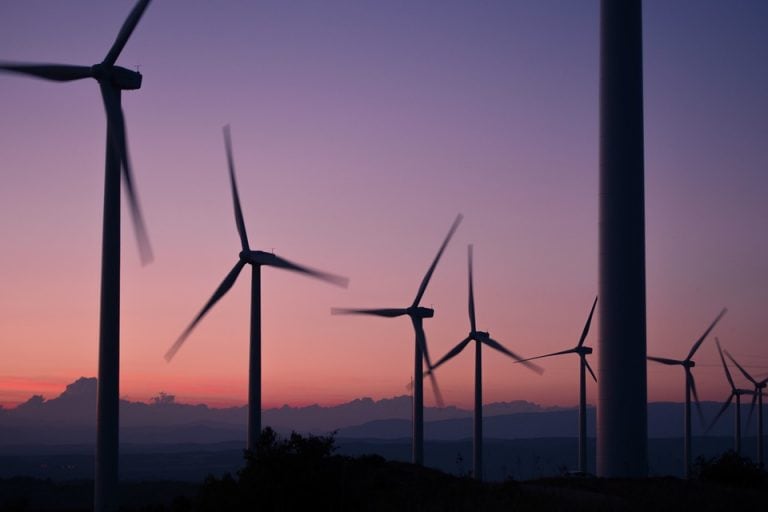Five reasons all political parties should deliver bright green manifestos

We’re off again. Another election is underway and speculation about what will make it into the parties’ manifestos is swirling once more.
Each party will no doubt make a number of commitments on the environment and energy, but regardless of their position on the political spectrum there are good reasons why they should all have the confidence to be really bold in their manifesto setting. Here are five of them:
1. Strong green policies are not a voter turnoff.
In 2015, the ‘Vote for Policies’ initiative gave the Green Party over 20 per cent of the popular vote when survey participants (almost a million of them) weren’t told which party key policies belonged to. In fact, over two-thirds showed a preference for Green, Lib Dem or Labour policies. Of course, we know how the actual election turned out. It shows the importance of brand, personalities and public/media narrative to the fortunes of the parties (and the small matter of the electoral system).
2. It’s not just a hard core of greens/liberals who are supportive.
Only this month, the think tank Bright Blue published research showing that the overwhelming majority of Conservative voters support maintaining or strengthening all of the main EU environmental regulations after Brexit. I’ve talked on these pages before about the need for green campaigners to focus on universal values. For example, protection of nature and the importance of good air quality to health are just as compatible with Conservative values as liberal or social democratic ones.
3. There has never been a more supportive business environment for green policies.
Since the Lib Dems were decimated in 2015, and the Labour Party infighting began, you could argue that aside from a few stalwart Parliamentary champions, the pro-green business lobby, together with traditional NGOs, has effectively done the job of Opposition on the green economy. Public letters, private meetings, full page newspaper ads – it’s simply no longer credible for any political party to argue that there is not business backing for the green economy. What was once thought of as ‘alternative’ is now very much mainstream.
4. Policies that might seem a voter and media turn-off are getting air time in other countries, not a million miles away.
Believe it or not, parties across the political spectrum in the French election have been competing on energy efficiency, with a range of seemingly well thought-through and costed policies on offer. Compare that to the level of debate on energy efficiency here, where the nearest we’ve had so far is the almost comically warm welcome from the right-wing press to Theresa May’s energy price freeze, compared to the reaction to Ed Milliband’s similar promise of 2015. Neither of which fundamentally tackle the main problem of wasteful energy use.
5. Finally, what is there to lose by being bold?
Seriously, what’s the worst that could happen? That’s a question for all the main parties. The Lib Dems are rediscovering their mojo, and should feel confident to wear their true colours on their sleeve. Labour are facing calamity, but holding back on green policies would not do them any favours. Clearly, the Conservatives may find it most challenging, given the outright hostility to the green agenda from some in the party. But given the polls say that they will win anyway, where’s the risk? Surely the far greater risk is to completely unpick all the good work done by Tory modernisers in recent years. If the hugely welcome commitment to aid spending is anything to go by, this is a risk that the leadership are mindful of. Let’s wait and see.
This article was originally published on Business Green, on April 28, 2017.
Related
Climate Adaptation at COP27: How Climate Intelligence Can Unlock Private Sector Action

Small Developers, Net Gain and Planning with Biodiversity in Mind

Could measurement hold the key for sustainability entering the mainstream?

Can the green economy lead a post-Brexit innovation drive?

